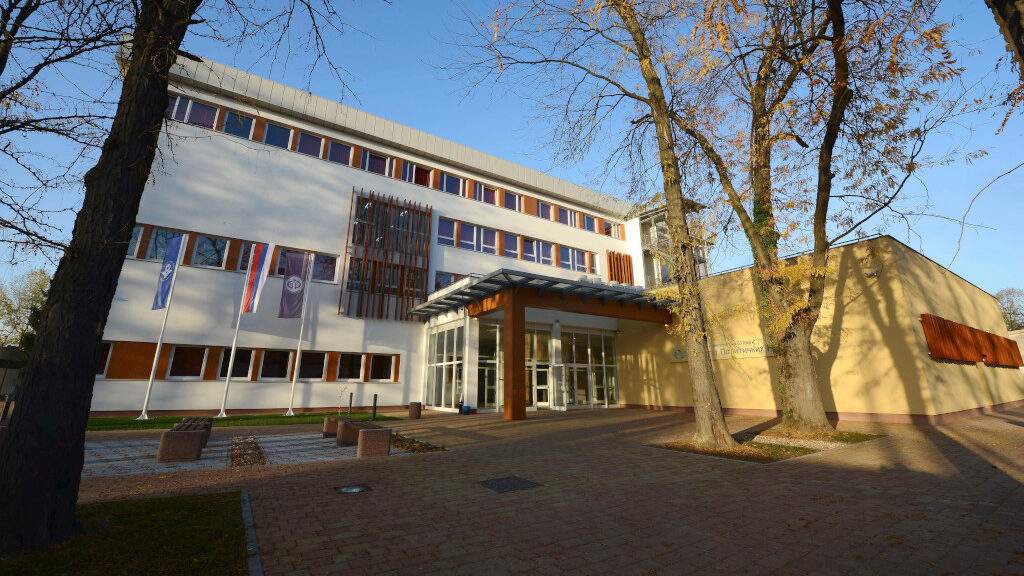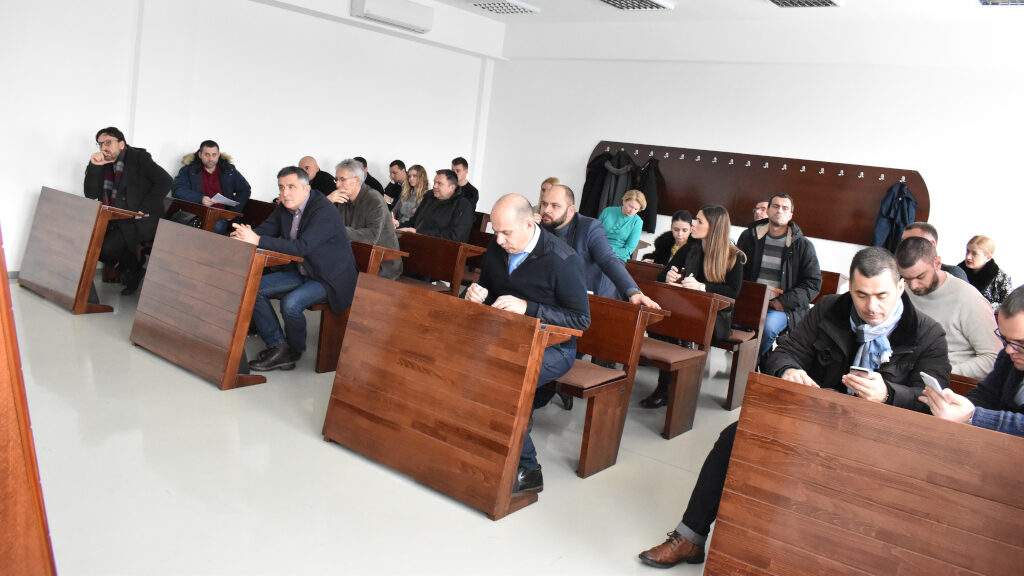History
June 13, 2022 2022-12-27 22:01History
On 27 March 2009, the Faculty of Political Sciences came into existence as one of the 18 member units of the largest university in the Republic of Srpska by splitting up from the Faculty of Philosophy of four study programs that used to function as three-year study courses comprising 180 ECTS. Upon the split-up, the newly formed study programmes were successfully re-licensed into four-year ones of 240 ECTS, under the respective names of Political Science, Sociology, Journalism and Communication Studies, and Social Work.
The Faculty shared the hardships of the Republic of Srpska, still suffering from the political and social aftershocks of the 1992-1995 civil war in Bosnia and Herzegovina and dealing with the challenges of globalisation and transition. The world was going through a great economic crisis, followed by demographic upsets, migration crisis etc. For its part, the Faculty struggled with numerous issues concerning its own development – in the first place, the lack of staff and room. Initially, classes took place on the premises of the Faculty of Philosophy, Law, and Philology respectively, as well as some others. The lack of staff issue was tackled by filling the gaps with renowned visiting professors, mostly from the University of Belgrade. With their aid, a new generation of professors and teaching assistants appeared, so that the number of employees at the Faculty today is 65, of whom 40 are members of staff (two professors emeritus, eight full professors, twelve associate professors, ten assistant professors, and eight teaching assistants).
In order for the identity and full affirmation of the Faculty to be achieved, it was necessary to provide adequate conditions, which was realised in 2013 by erecting a building that met all the requirements of the Bologna Declaration standards. The funds for the building were secured through the engagement of Mr Milorad Dodik, the then President of the Republic of Srpska, and the Government of the Republic of Srpska. The building comprises one lecture hall with 250 seats, 13 classrooms and a banquet hall, as well as 38 offices for members of staff. In addition, there is a 70-seat computer room, a library, the Registrar’s office, a conference room, a students’ bookshop, with a cafe in the main hall. The holdings of the library contain over 7,000 titles. With reference to these, the textbooks, monographs, and the bulk of other academic titles were donated by the Faculty of Political Sciences of the University of Belgrade and major publishers from Serbia, such as the Official Gazette and the Institute for Textbooks and Didactic Material, with the Faculty investing much of its own resources for these purposes as well.





On the observance held on the occasion of opening the new building, Prof. Nenad Kecmanovic, PhD, the first dean of the Faculty, said that he perceived the Faculty as an ‘intellectual hub’ of not only the academia, but of the whole of the Republic of Srpska and Bosnia and Herzegovina. Indeed, the Faculty is obliged to contribute to forming personalities in terms of scholarly capacity and morality, which represents the greatest capital of any country, the Republic of Srpska included. It can exert a lasting influence on society by nurturing and developing critical thought and intellectual excellence, by inspiring ethical modesty in the generations to come, and by guarding peoples’ idealism and destiny. Bearing in mind that Plato said that states looked like the people inhabiting them, it is up to the profiles educated at the Faculty, whose mission is to serve as a spiritus movens of society in terms of directing and interpreting social processes, to outline the future of the Republic of Srpska.
Although boasting of a much shorter history than its counterparts from the former Yugoslavia region, the Faculty has managed to become a recognisable and equal competitor in the field, fulfilling the highest criteria of values and knowledge acquired. This is recognised across the very same region, so the Faculty attracts numerous candidates from the aforementioned countries each year. Furthermore, experience so far tells us that there is a great number of graduates from the Faculty who continued their education at various institutions and non-governmental sector, with many of them having no trouble enrolling in second cycle studies at renowned universities in Europe.


